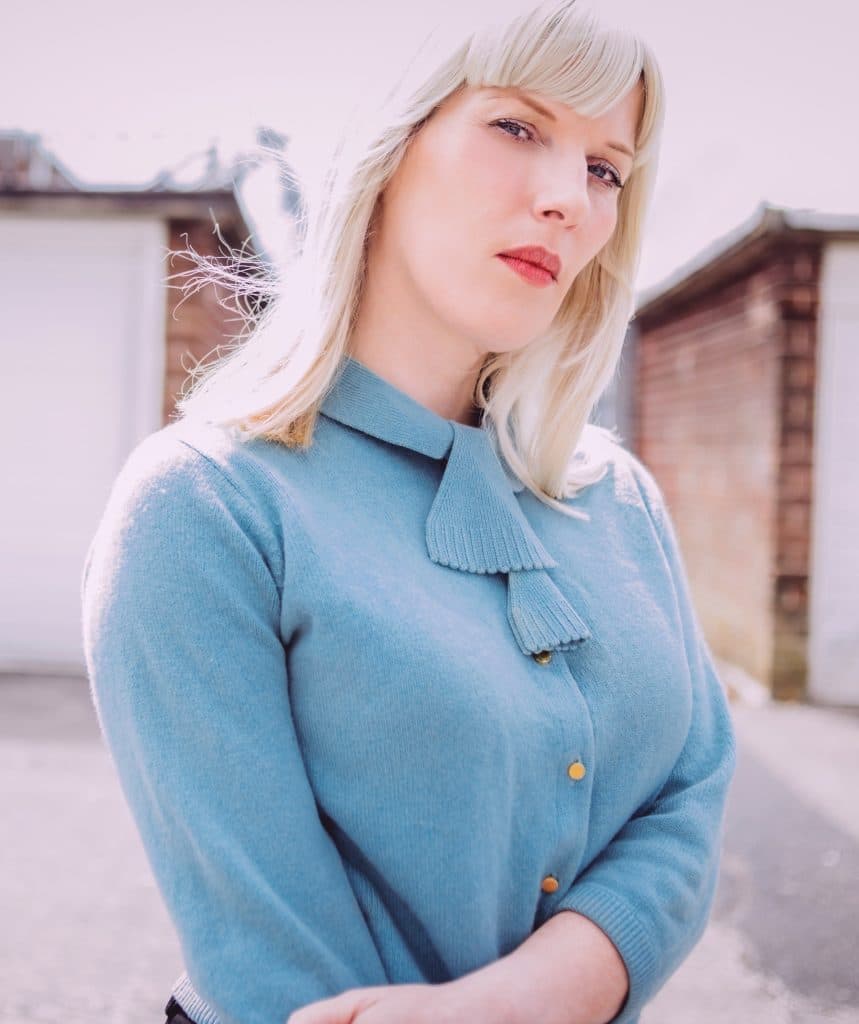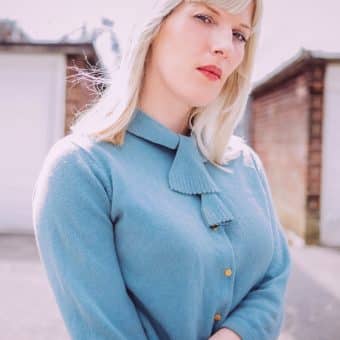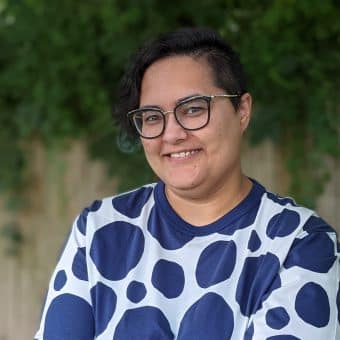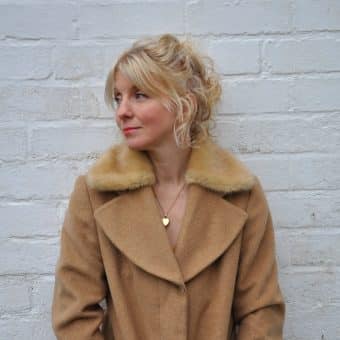

It’s been said that one of the most chilling declarations you can hear is ‘I’ve decided to take your advice.’ With that in mind, I want to preface what I’m going to say with all kinds of caveats: there are many ways to write stories; things are subjective; there isn’t any point drawing universal precepts from someone else’s individual, possibly idiosyncratic, mode of working. That said, I also think my advice fairly sensible, or else I wouldn’t be offering it.
Write an opening that serves the telling of your story
To start, one of the things that you might consider is the opening to your story. You may have heard that what’s necessary is some kind of show-stopper, the kind of bravura, stylistically daring writing that makes a reader – or a judge – take notice. Like, wow! But please don’t listen to this. You need to write an opening that serves the effective telling of your story. It needn’t be flashy, necessarily, at all.
Something needs to happen
If you are writing a short story, then something needs to happen. It might not be much, but there needs to be some action, otherwise what you have written is a mood piece, a vibe account and although that, as short fiction, can be brilliant, it’s not, by most indexes, a short story.
Assume your reader doesn’t need things spelt out
Assume that your reader is intelligent – and by that I’m sure you know I do not mean someone with any type of university degree. I mean someone who is prepared to meet you half-way in terms of creating meaning, who can fill the lacunae, who can project beyond the final full stop of the story, who does not need to have things spelt out, a good faith, flexible reader.
Things can be useful but so can abandoning them
Don’t be too guided by the ‘art of the short story’ imperatives: story arcs, characters’ motivations, epiphanies and so on and so on. These things can be useful but so can abandoning them.
Write your own way
Don’t be too hard on yourself. So you’re not Colin Barrett or Jamel Brinkley; you’re not Saba Sams or Lucy Caldwell. So what? You are going to write your own way. When you sit down to work on your story anyone else is irrelevant. It’s you, your worlds, your characters.
Work hard the whole way through
Make your story work hard the whole way through. Sometimes people get obsessed with endings. Don’t get me wrong, endings are important. The moment where you ask a reader to break off from your fictive world to enter reality is a significant one. But the story must have merit and interest the whole way through. It all can’t be a set up for a one-paragraph denouement.
Stuff that adds texture
The wisdom is that every sentence must drive the story forward. Just not true. Not everything needs to be freighted with meaning. Sometimes you just need stuff that adds texture. It helps with verisimilitude – if that is what you want.
Don’t just move words around on screen
When you are editing your story, start again from scratch with a new document. Don’t just move words around on the screen. Then eventually print out your final version and read it in a different place to where you write. Sometimes the change of location – be it another room in your house, or a café, or a bar – will facilitate a fresh perspective when thinking about your work. Or read your story just before you go to sleep at night. It may well happen that your unconscious mind will work its magic during the night, snagging on something that so far your conscious self has missed. What that might be could be revealed to you when you wake up.
Seriously and not seriously
Finally, take what you are doing deeply seriously but simultaneously not seriously at all. You are making up fake people and places and situations, imagining non-existent conversations. But you are also creating worlds and potentially connecting with unknown others.
Wendy Erskine
Wendy Erskine is a fellow of the Royal Society of Literature, an interviewer and broadcaster. She has published two short story collections Sweet Home and Dance Move with Stinging Fly Press and Picador. She hosts a radio show on Soho Radio for Rough Trade books. She was a Seamus Heaney Fellow at Queen’s University Belfast and is a secondary school teacher.






